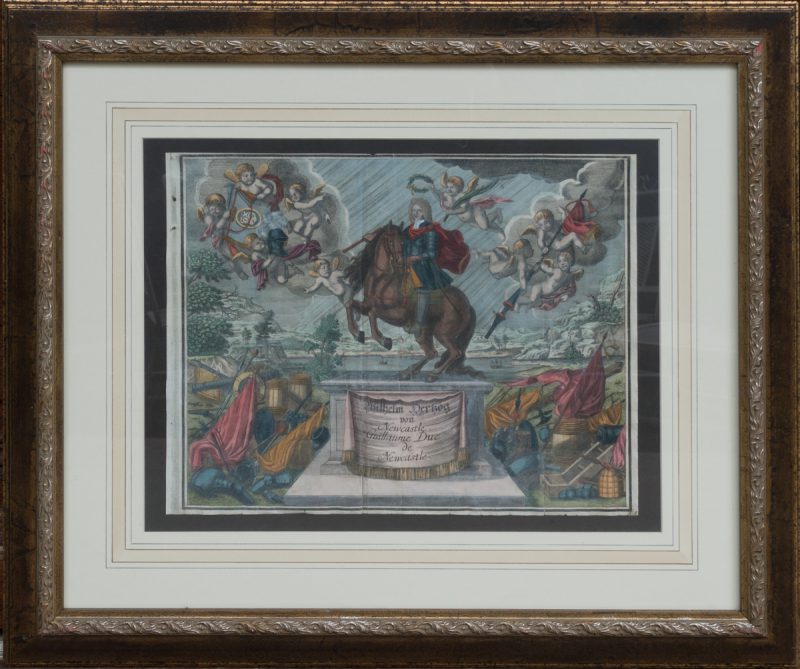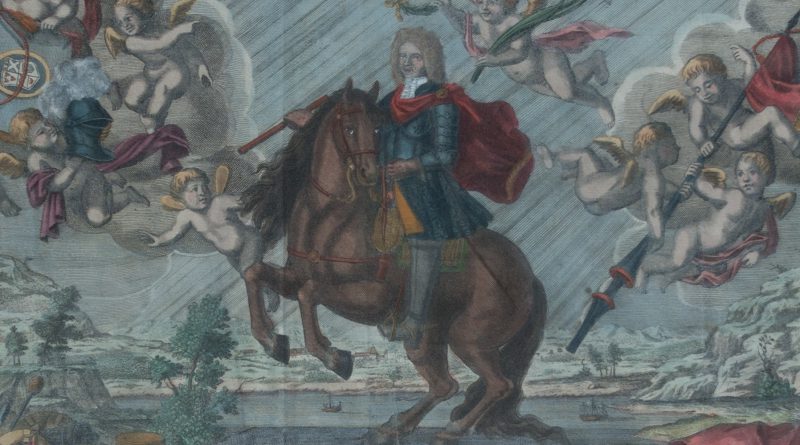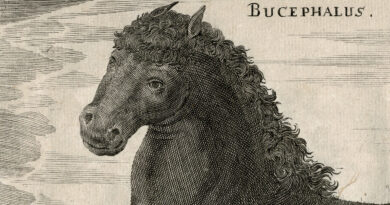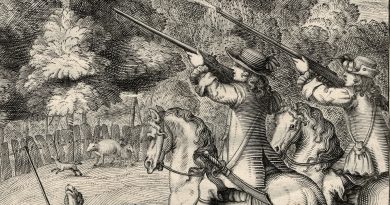After Man, the Horse is the Most Elegant Animal – Duke of Newcastle Engraving
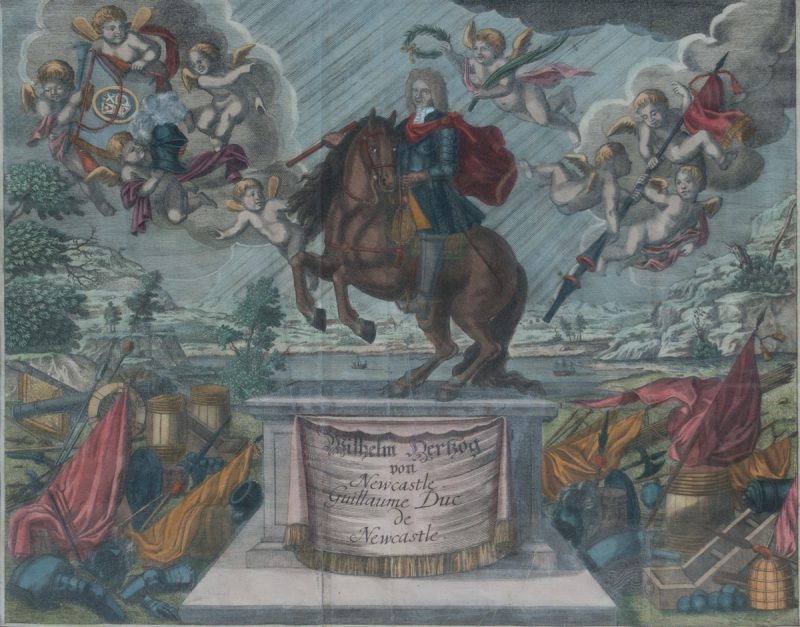
Amsterdam and London, 4 Editions: 1657, 1667, 1737 and 1743
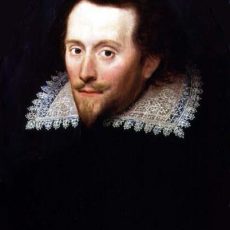
Copper engraving after the illustrations of by the well-known Flemish artist Abraham van Diepenbeeck (1596–1675), a student of Rubens. The first edition of this rare work was published in Amsterdam 1657 – three subsequent editions were published in London in 1667, 1737 and 1743.
William Cavendish, Duke of Newcastle (1593-1676)
The British aristrocrat, politician, playwright, swordsman and lover of horses, William Newcastle had a long and colorful life. He was close to major thinkers of his time, including the philosophers Hobbes and Descartes, and with painters including Van Diepenbeeck and Van Dyck. He was considered one of the greatest experts on horses of his time.
The engravings are based on the work of Abraham van Diepenbeeck, a successful Flemish painter who was a member of the sudio of Peter Paul Rubens. Diepenbeeck was brought to England by King Charles I and commissioned by William Cavendish, Duke of Newcastle-upon-Tyne to create a series of paintings on horsemanship. Engravings after Diepenbeeck’s paintings were published in the Duke’s celebrated book La Méthode et Invention Nouvelle de Dresser les Chevaux, was considered one of the finest manuals on dressage of all times.
Apres l’homme le Cheval le plus noble animal…
(After man, the horse is the most noble animal)
Engraved by Pieter Van Lisebetten
Dimensions: 43.5 X 34 cm
